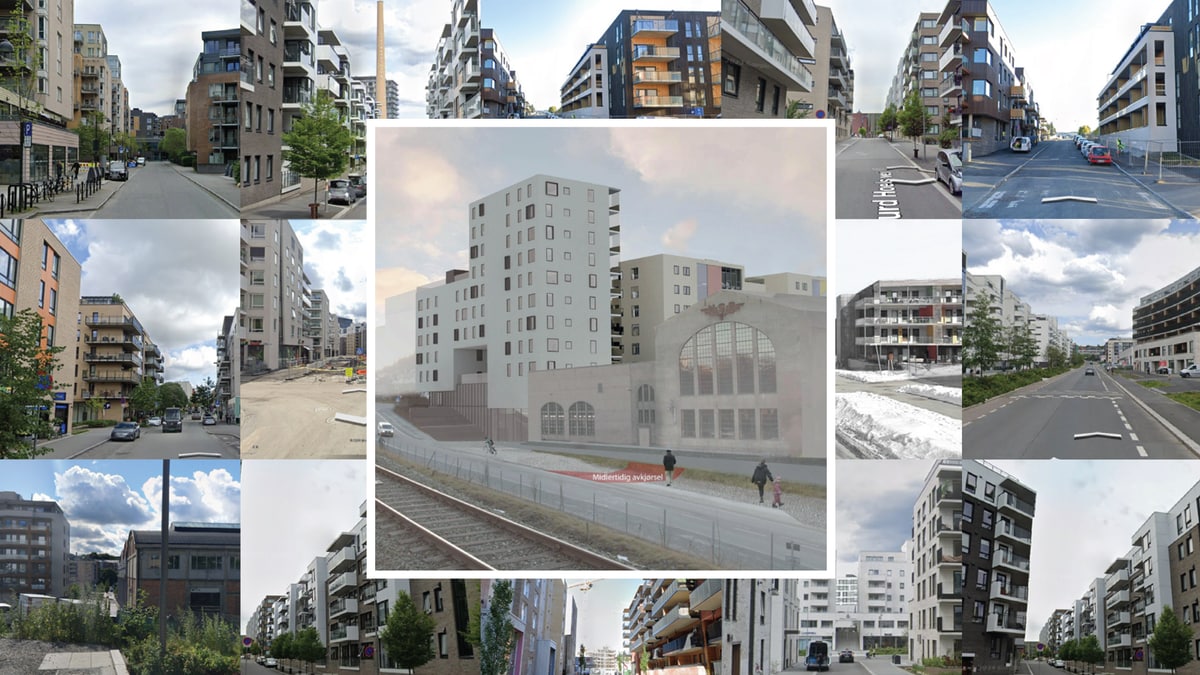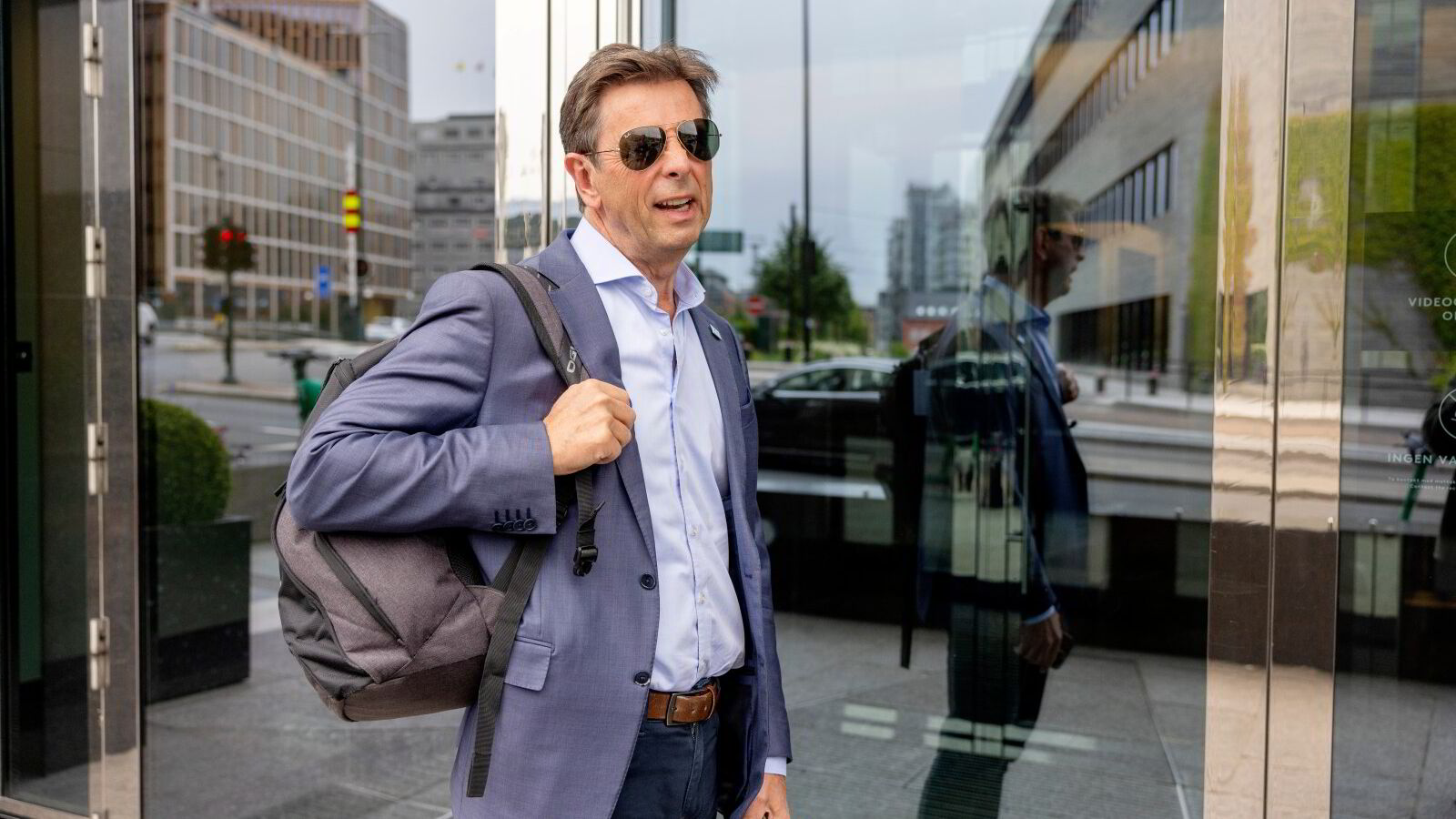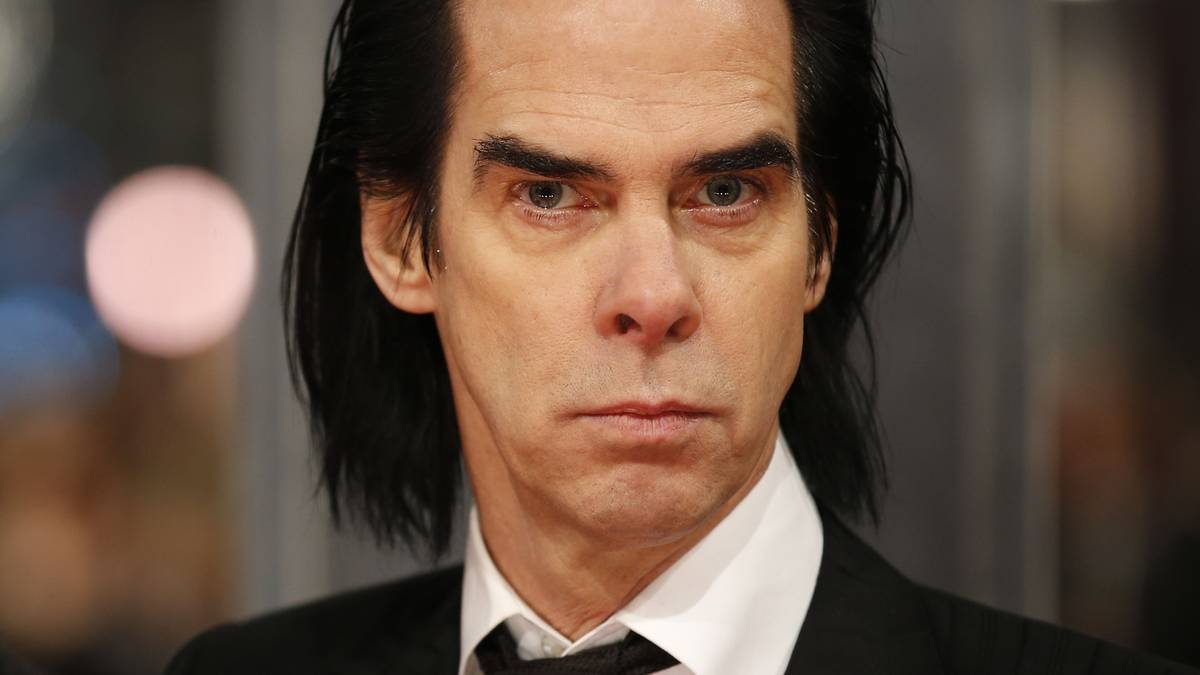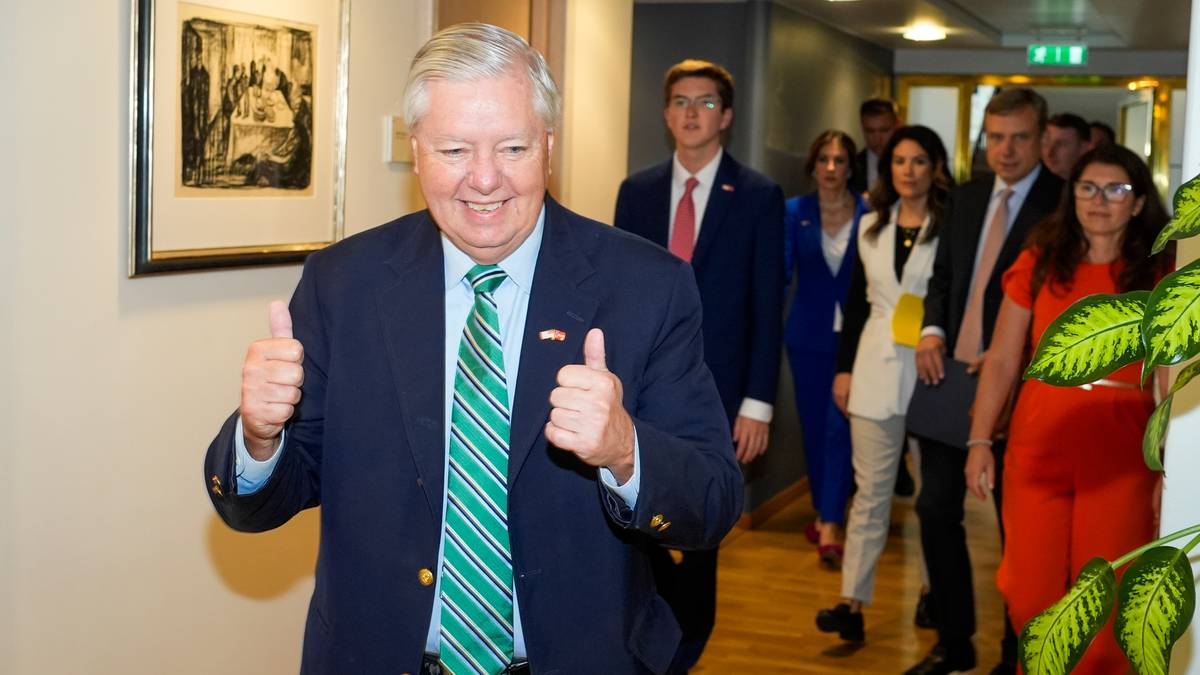Video game performers could be on strike for "a full year" over artificial intelligence (AI), the union representing striking workers in the US has told Sky News.
More than 2,500 performers working for blockbuster video game studios like Activision, EA, Warner Bros. Games and Blindlight have been on strike in the US since 26 July.
Their union, the Screen Actors Guild-American Federation of Television and Radio Artists (SAG-AFTRA), wants the studios to agree to new protections for performers around generative AI use in the industry.

Now, the union's chief negotiator Duncan Crabtree-Ireland has told Sky News the actors could be striking for a year.
"There may be a theory that [the studios] can wait us out on this," said Mr Crabtree-Ireland, because video games can be more flexible than films in their production and therefore could avoid delays.
"That is a mistaken theory."
Last year, SAG-AFTRA's actors went on strike for 118 days alongside Hollywood writers, asking for similar AI protections from film and streaming studios, among other demands.
The strike cost the industry $5bn (£3.9bn), according to the University of Michigan, and saw delays to major blockbusters like Deadpool 3, Challengers and Dune: Part Two - but that wasn't SAG-AFTRA's longest industrial action.
The last time the union went on strike over video game contracts was 2017. It turned into the longest strike in SAG-AFTRA's history, lasting 340 days.
"We were on strike for a full year. That could happen [this time]," said Mr Crabtree-Ireland.
"I really hope not," he added.

Read more: Video game performers are on strike - what you need to know
Audrey Cooling, a spokesperson for the video game producers negotiating with the union, told Sky News they are "committed to resolving the last remaining issue" so they can "end this strike and deliver historic wage increases [and] industry-leading AI protections" to video game performers.
Read more from Sky News:
Musk criticised over 'totally unjustified' remarks about UK riots
Google illegally maintained online search monopoly, US court rules
Robot dentist performs world's first fully automated procedure
The sticking point in discussions is around using AI based on on-camera performers.
They're people like stunt and motion performers who execute the actions of a character, which are then animated.
Ms Cooling said this kind of performance "was excluded in the scope of coverage in both the animation and TV/Film agreements signed by the union" and the current offer is "entirely consistent with or better than other entertainment industry agreements the union has signed".

Follow Sky News on WhatsApp
Keep up with all the latest news from the UK and around the world by following Sky News
SAG-AFTRA disagreed, calling the studios "isolated in their position" and saying other industries have "recognised the need" to protect these kinds of performers.
"The public cares about this," Mr Crabtree-Ireland said. "[The game studio's] customer base cares about AI.
"I'm a gamer myself, I love games, I don't want games that are made in the virtual equivalent of a sweatshop."

 3 months ago
39
3 months ago
39






















 English (US)
English (US)